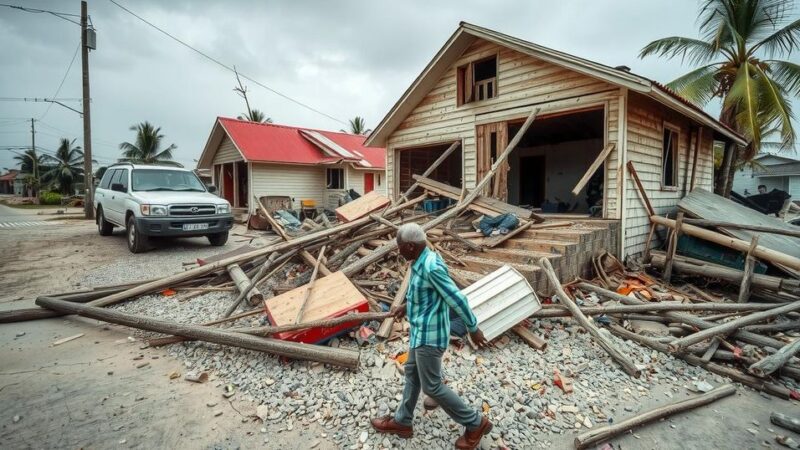The South African wine industry, producing 934 million liters in 2023 and generating R10 billion in exports, faces critical challenges from climate change. Rising temperatures lead to earlier harvests, unpredictable weather, and increased sugar and alcohol levels in wine, threatening both agricultural productivity and the livelihoods dependent on this esteemed sector. Efforts to adapt could significantly alter wine quality and consumer experience.
The South African wine industry, renowned for its quality and contribution to both domestic and international markets, is facing significant challenges due to climate change. In 2023, the industry produced 934 million liters of wine, with exports estimated at R10 billion. However, rising temperatures are causing early harvests, unpredictable weather patterns, pest infestations, and altered sugar levels in grapes, all of which profoundly affect the characteristics of the final product. Although warmer climates generally benefit grape cultivation, the increasing heat presents complex complications. Research indicates that grape ripening now occurs two to three weeks earlier than historical averages, disrupting seasonal work for migrant laborers, who are critical to the harvest process. Additionally, shifting rainfall patterns create more frequent droughts and floods, leading to erratic crop yields and potential losses. Moreover, the susceptibility of grapes to environmental changes raises concern over the flavors of wines, which are sensitive to minute variances. The warmer conditions not only facilitate the emergence of harmful pests, like Xylella fastidiosa, but also compel wine producers to escalate pesticide usage to protect their crops, compromising safety for agricultural workers. The rise in temperatures also correlates with increased sugar accumulation in grapes, subsequently resulting in elevated alcohol levels during fermentation. Research suggests that a mere 1°C increase can yield approximately 12 grams of sugar per liter of grape juice, which translates to a significant rise in alcohol content, modifying the wine’s taste and mouthfeel. Winemakers have devised various techniques to manage this phenomenon, such as early harvesting, employing specific yeast strains, or adding water during fermentation; yet these methods can inadvertently alter the wine’s quality and flavor intensity. Consequently, the multifaceted impacts of climate change present a daunting future for South Africa’s esteemed wine industry. Those reliant on this sector for their livelihood, as well as consumers who appreciate its wines, face an uncertain horizon filled with challenges that could profoundly reshape the landscape of this revered industry.
The global phenomenon of climate change, characterized primarily by rising temperatures and increased carbon dioxide emissions, poses a serious threat to agricultural sectors worldwide. In South Africa, the wine industry is particularly vulnerable due to its reliance on the predictability of weather patterns and environmental conditions conducive to grape cultivation. With the country known for producing high-quality wines, the shift in climate not only endangers the agricultural yield but also places significant socioeconomic stress on communities that depend on wine production for employment and economic stability. The repercussions of these changes manifest not only in the operational aspects of winemaking but also in the sensory experience of the wines produced, further complicating the industry’s response to these challenges.
In conclusion, climate change presents a formidable threat to South Africa’s wine industry with numerous repercussions ranging from altered harvest timelines to increased pest infestations and changes in the wines’ flavor profiles. As a significant contributor to the national economy and a vital source of employment, the health of this industry is critical. The complexity of climate impacts demands immediate attention as stakeholders seek to employ adaptive strategies to mitigate adverse effects while sustaining the quality and marketability of South African wines.
Original Source: www.news24.com







